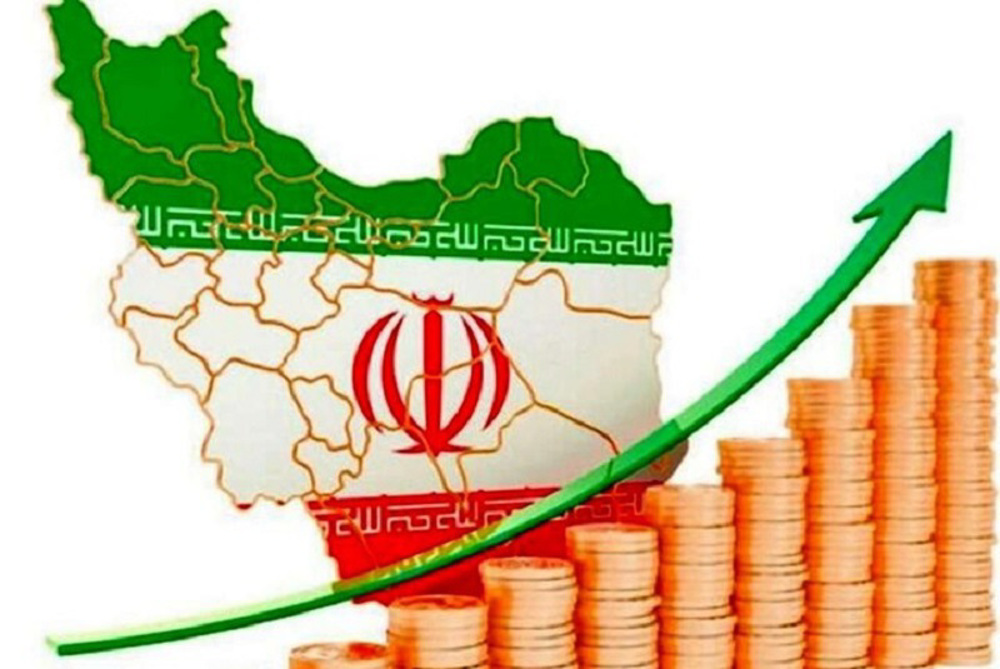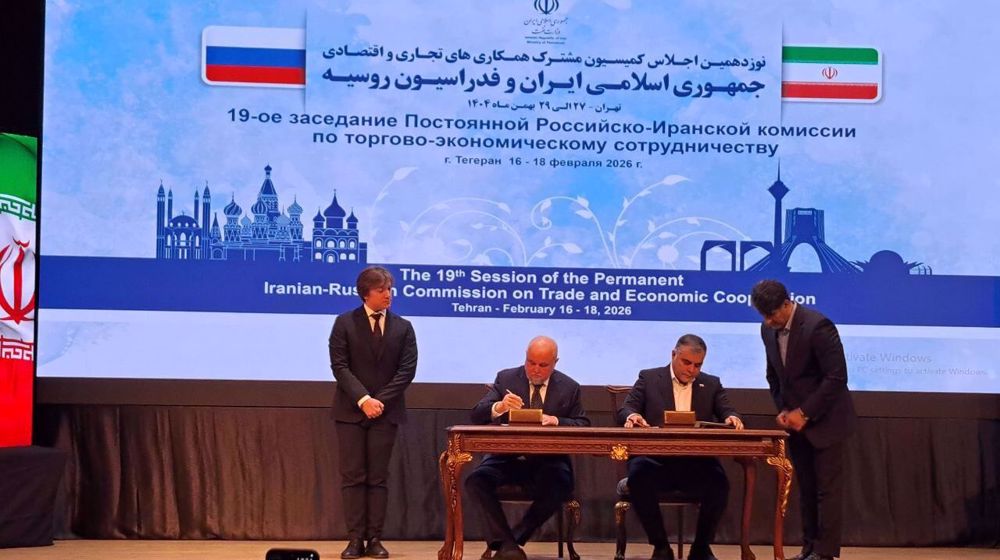Mosques converted into factories as Iran fights coronavirus
At a Tehran mosque converted into factory, women volunteers who would normally attend to visitors to the old battlefields of the Iran-Iraq war have joined the fight against the coronavirus.
Lined up like factory workers, around 15 women have taken up positions in front of table-top sewing machines to produce face masks.
"Our group used to go to the battlefields of the Iran-Iraq war every year to serve visitors," Fatemeh Saidi, a 27-year-old woman involved in the Basij with her husband, told AFP.
The group of about 40 women travels annually to the battlefields of the 1980-1988 war that youths visit during the Persian New Year holidays as part of their education.
"This year, because of the spread of coronavirus, travel between cities was banned and we were not able to go there," said Saidi.
"So we came here to serve our compatriots. We've been working on this for more than a month," she added.
It's a task they see as their role in the national effort to combat the COVID-19 pandemic, which has claimed more than 3,700 lives in Iran.
"Our situation is doubly difficult since we are facing both the sanctions and the coronavirus," President Hassan Rouhani said on Monday, referring to the punitive measures the US has reimposed on Iran since pulling out of a nuclear deal in 2018.
The national and foreign media were invited to the Imamzadeh-Masum mosque in a southwestern district of the Iranian capital where the women have been working.
As the seamstresses stitch, a team is in charge of cutting out and sorting the masks, which are placed in buckets.
Other women fold and arrange the printed sheets of material as they are produced.
In another room of the place of worship, men sitting on prayer mats make plastic gloves with rudimentary heat-sealing devices.
"We distribute these products to hospitals and deprived areas in Tehran and several other cities," Saidi explained.
One of the volunteers made no secret of the religious reasons for her contribution.
For her, it was the same as "making the heart of Imam Zaman happy", another name for the Mahdi, the last of the 12 holy imams venerated by Shia Islam.
(Source: AFP)
Hezbollah offers condolences to Iranian nation over Leader’s martyrdom
US-Israeli strike targets IRIB facility; broadcasts continue
IRGC: Latest waves of Op. True Promise 4 led to tanker strikes, base shutdowns, heavy casualties
CENTCOM confirms US troops killed in Iran’s retaliatory strikes
China ‘strongly condemns’ US-Israeli assassination of Iran’s Leader
Iran sees no limits in defending itself after Leader's ‘dangerous’ assassination: FM
IRGC strikes USS Abraham Lincoln aircraft carrier with volley of ballistic missiles
Iranian armed forces to pulverize US bases across the region: Pezeshkian










 This makes it easy to access the Press TV website
This makes it easy to access the Press TV website